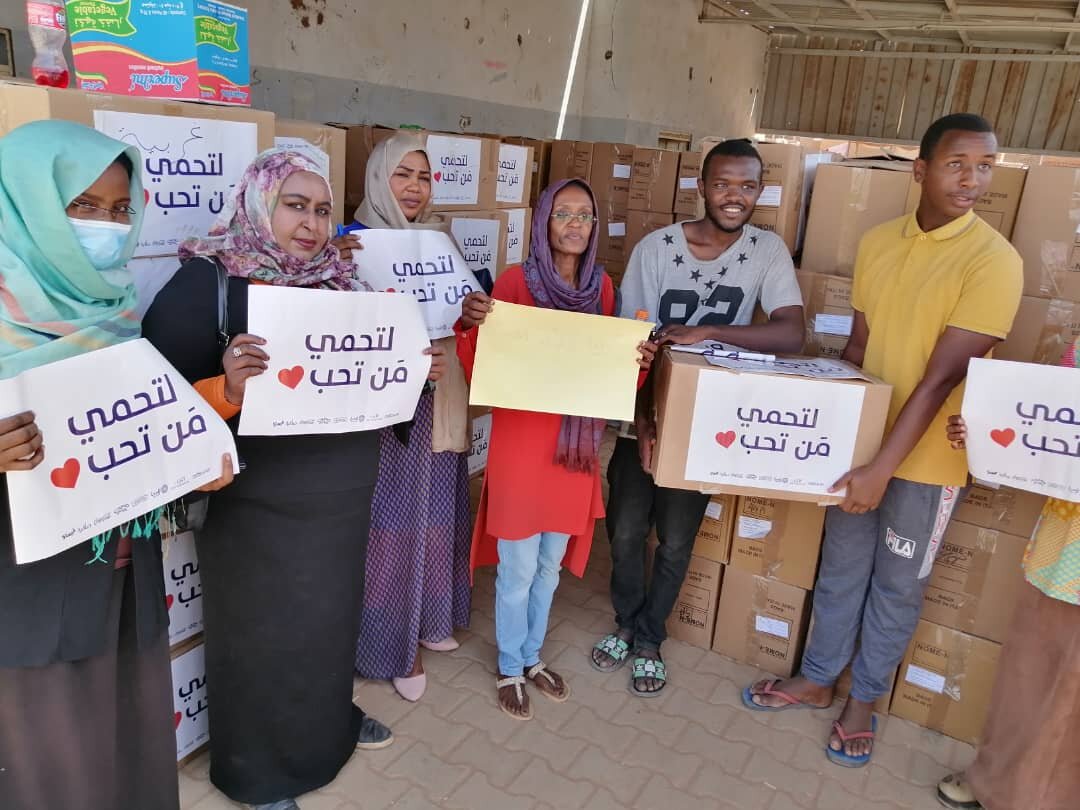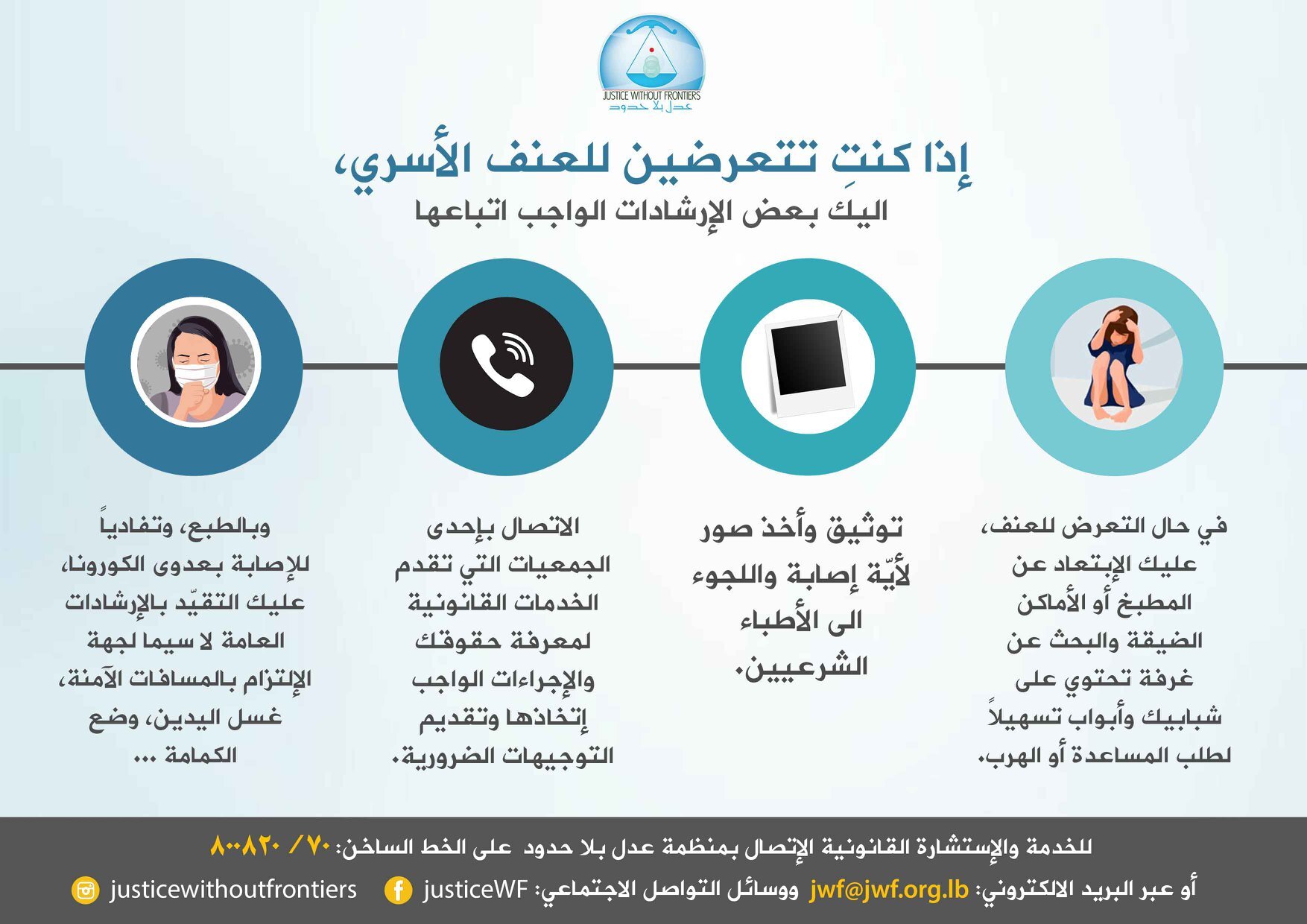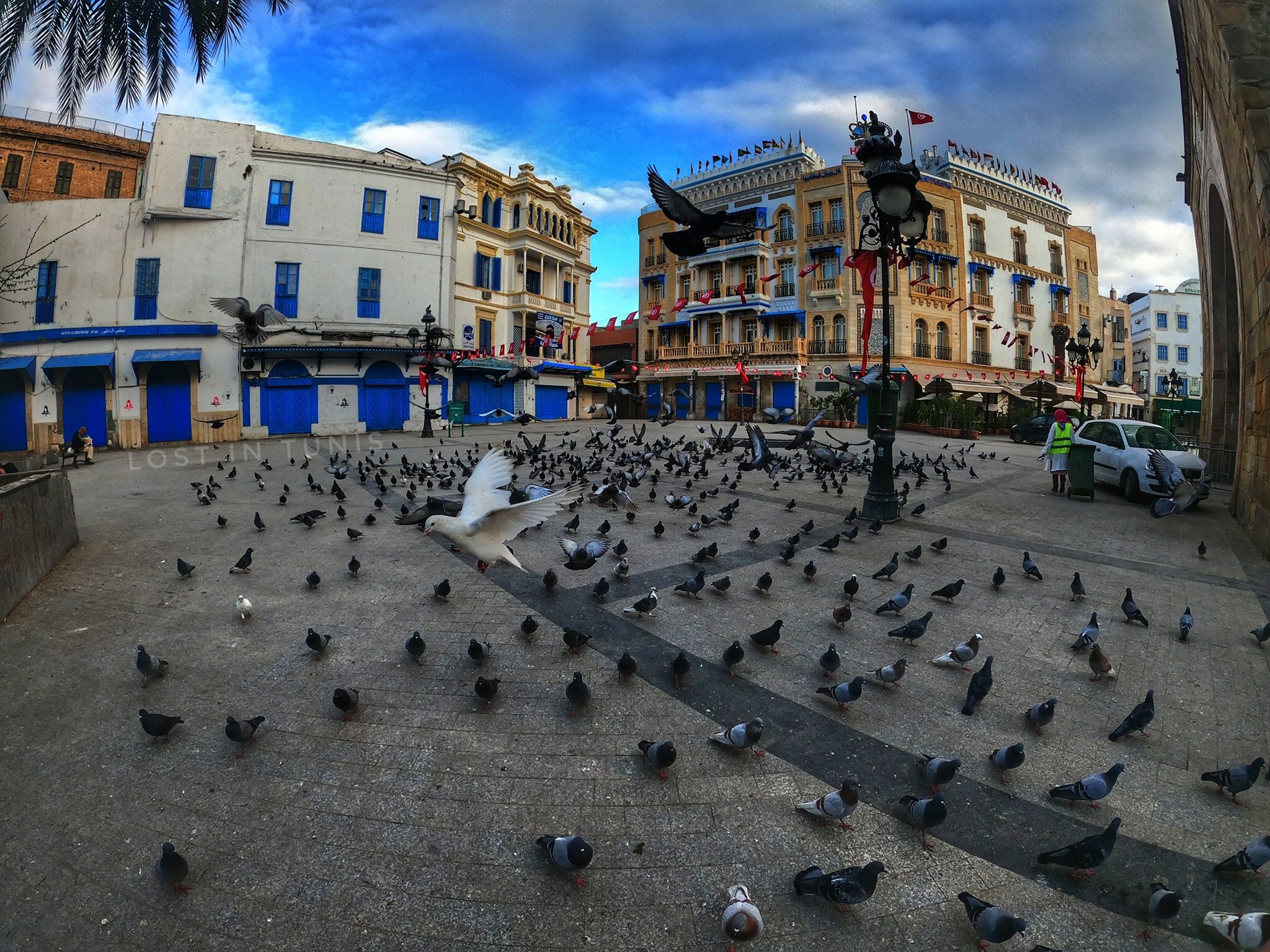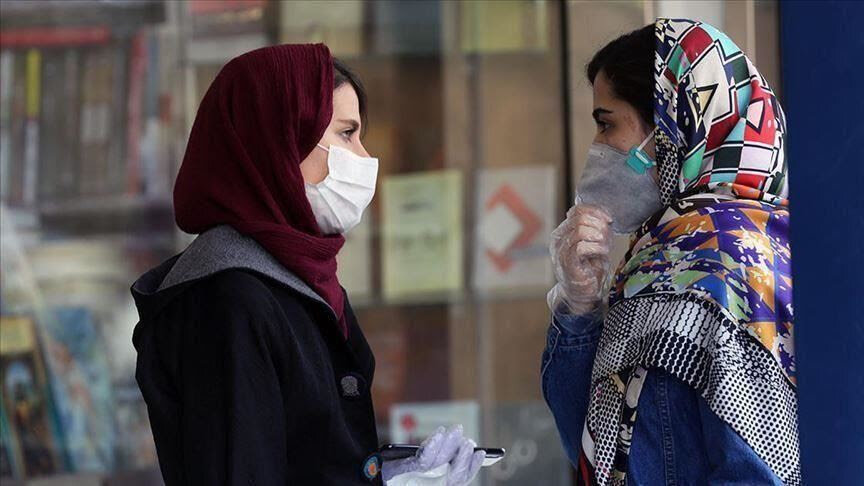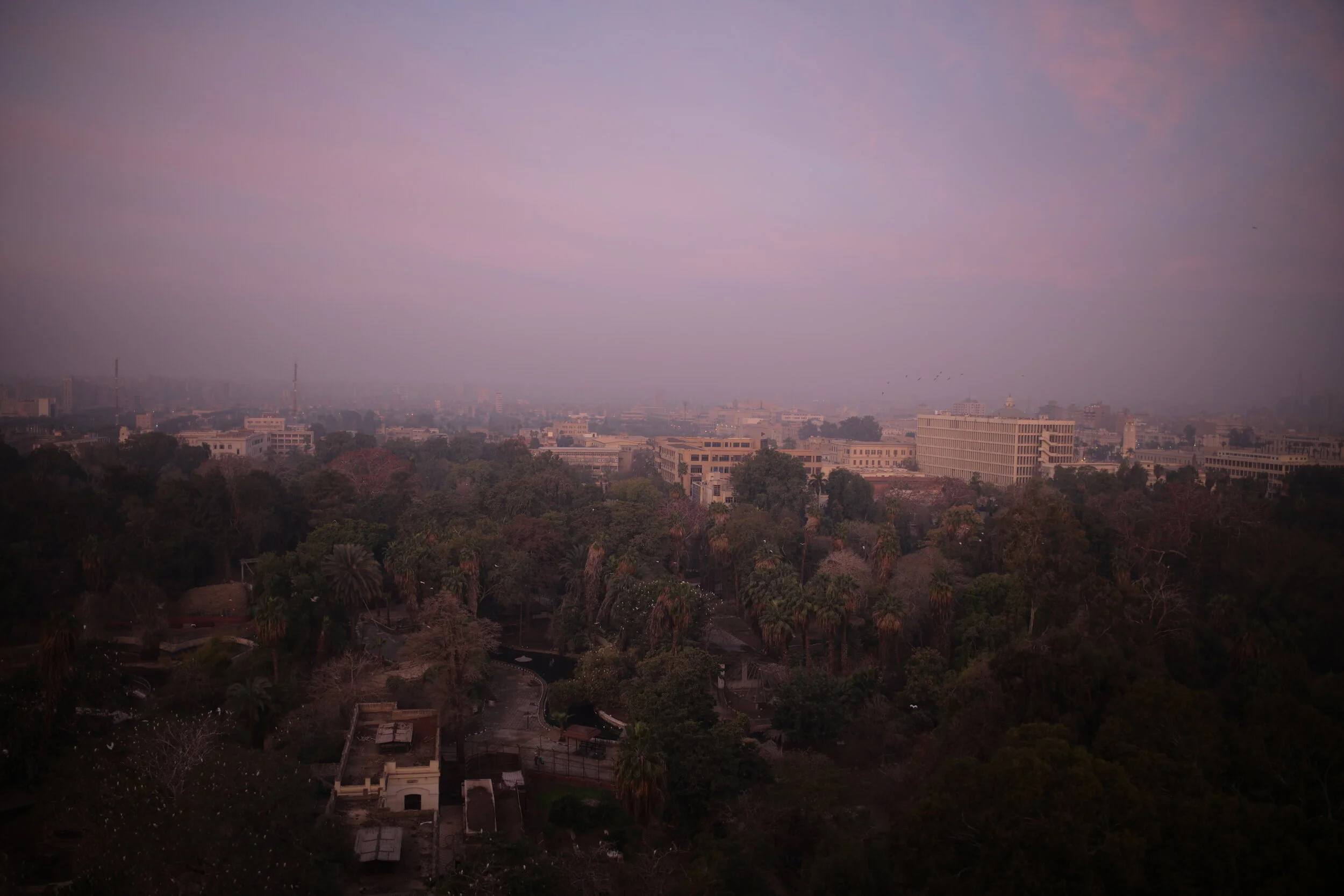
COVID-19 and its impact on women’s activism in the Arab region.
COVID-19: Exposing and exacerbating existing inequalities
The global public health crisis has impacted on almost every aspect of people’s lives across the world: personal, social, political and economic. Each of our partners works in a very particular set of circumstances and environments, and the crisis has had particular impacts.
In talking with our partners, we have also seen a number of common impacts that everyone has had to deal with. The crisis has made massive demands on women’s rights defenders, vastly increasing their workloads while making the sustainability of their organizations far less certain. Social and physical distancing have made projects that rely on confidentiality and hard-won trust far more difficult to carry out, especially at scale. Greater reliance on remote working and internet-based working has underlined that access to the internet should be seen as a fundamental right - and one that is significantly gendered, with women and girls less likely to have access to the Internet. More of the issues our partners raised follow.
Palestine
Lockdowns in the West Bank started in early March, following the announcement of a state of emergency by the Palestinian Authority. This saw the suspension of all educational activities, a prohibition on public gatherings, and closure of the Bethlehem urban area, and villages in Ramallah. A comprehensive curfew followed, obliging people to stay at home, except for the purchase of food and medicine, or in case of emergencies.
The lockdown was lifted after two months on 25 May.
Palestinians in East Jerusalem continued to face discrimination during the crisis, with testing not made available to them by Israeli authorities. Checkpoints were closed and support from the PA could not get through.
COVID-19 has been described as yet another burden that Palestinian women have to deal with, alongside occupation and a patriarchal society.
Impact on our partners’ work
Courts in Palestine were restricted but did hear cases of child custody and maintenance. Our partners like the Women Center for Legal Aid and Counselling (WCLAC) supported women in these courts. WCLAC also kept open the shelter that they operate. Requirements to test women entering shelters put more strain on the system, which in certain places was operating at capacity.
WCLAC have been active members of the emergency committees, developing a common campaign to combat violence against women during the crisis.
Our colleagues TAM warned that response to the crisis should be focused on saving lives over the economy. Their work included developing a strategy on how to deal with women’s needs during the crisis.
Morocco
A state of emergency announced on 20 March saw the closure of schools, mosques, shops and restaurants, as well as airports. Strict lockdown measures were also introduced.
The national response did not explicitly take the effects of the crisis on women into account. While there were women ministers on the government’s emergency committee, its work did not consider specifically the gendered impact of the crisis or the emergency measures.
Impact on our partners’ work
The strictness of the lockdown regulations meant that women’s shelters were prevented from opening. Our partners reported receiving a high volume of calls to support hotlines. Work had been ongoing in Morocco on reform of the emergency laws - separate from the crisis - and our colleagues have been working to ensure it respects human rights frameworks.
Iraq
The Iraqi and Kurdistan regional governments introduced strict curfews at the onset of the COVID-19 crisis. Our partners reported that initially, many people did not stick to the regulations - so the authorities started much stricter enforcement, even going door-to-door.
It has been difficult to gauge what impact the crisis has had on violence against women and girls as data is not collected centrally on cases.
The government has not ensured proper representation of women on the emergency committees, and the response has not properly considered the gendered impact of the crisis.
Impact on our partners’ work
The Women Empowerment Organization (WEO) has been one of very few groups that continued to work in Iraq even during the ISIS insurgency. WEO provide psychosocial support to survivors of violence, including women who lived in areas controlled by ISIS.
These services rely on trust that is hard to build. It is difficult if not impossible to provide this kind of support online. Not everyone who needs support has reliable or any access to the internet. Where people do, it is not a simple task to provide support without compromising the sense of confidentiality, or making it seem impersonal.
The curfews, restrictions and concerns about the safety also naturally have an effect on staff.
Sudan
The transitional government implemented a curfew between 6pm and 6am, with shops required to close at 4pm. Between the curfew and advice on physical distancing, the response has had an ingoing impact on the informal economic sector, where women are disproportionately employed.
There has been large scale price gouging, hitting poorer people particularly badly.
There are women members of the government’s emergency committees, and the response has also been inclusive of civil society, with many groups part of the Popular Campaign Against Coronavirus.
The crisis has highlighted the ongoing damage caused by US sanctions that remain from Sudan’s previous regime. The US has refused to remove Sudan from its list of terror-supporting states, which means the government cannot receive aid or even loans from many normal sources. It even means that Sudanese expatriates cannot easily send money home to their families.
Impact on our partners’ work
MUTAWINAT provide advice, training and legal support, particularly to women and vulnerable groups, like refugees. Sudan’s courts have largely been closed during the crisis - except for child maintenance cases. This has created a serious problem in terms of access to justice, which has a disproportionate on already vulnerable groups.
Our partners have been able to provide some advice and support remotely, but demand has been especially high. The impact of the lockdown does not affect everyone equally. In the poorest parts of the country, many families live in homes with just one room, and the economy on which they barely survived has gone almost overnight.
Many women and girls have organized responses to the crisis and its effects. Local initiatives have raised awareness on how to stop the spread of the virus, while others have produced and distributed hand sanitizers for free or at minimal cost, and sterilising and disinfecting homes and public spaces.
These initiatives have seen networks built to distribute food and necessities to people’s homes to reduce crowds at markets and bakeries, using the internet as a tool to organize and raise awareness.
South Sudan
The government implemented a curfew between 8pm and 6am, and closed schools, churches, and airports closed. An emergency taskforce was set up, with civil society organizations invited as members.
There is anecdotal data from our partners that violence against women has increased during the crisis, but official data is not collected.
Impact on our partners’ work
The South Sudan Women in Governance Organization (SWIGO) immediately started work to raise public health awareness. They appeared on radio and TV to spread official advice on how people could protect themselves and their communities, and used remote working tools to connect civil society groups in the country to coordinate response.
Photo: UNMISS CC BY-NC-ND 2.0
Jordan
Jordan implemented a curfew, with business, schools and universities closed and people told to stay at home.
At the outset the governments’ emergency committees were not inclusive of women, but civil society groups successfully demanded for increased representation of women in the response.
Impact on our partners’ work
Our partners have been forced to provide much of their work remotely, which has proved challenging - especially where internet access is poor or unavailable.
This year is a landmark for Arab Women Organization of Jordan (AWO), which celebrated its 50th anniversary, but 2020 is proving an extraordinary challenge. AWO provide ongoing group support to Syrian refugees and survivors of violence in Northern Jordan, but restrictions and public health concerns have affected services severely, with group sessions unable to take place.
Women’s shelters have been required to operate at reduced capacity for safety reasons. As certain shelters cannot accommodate women with children, there is even greater strain on services for women escaping violence.
Our partners SIGI Jordan have been able to replicate a number of their services online, often with great success. Discussion events that would normally be held in their offices with a few dozen participants have instead been held online, with thousands of people now watching. Not everything, however, can be transferred online so easily.
Lebanon
Lebanon instituted a total lockdown at the start of the crisis, later reduced to a curfew alongside restrictions on movement. During the initial lockdown, there were a number of high-profile cases in which women were murdered by their partners.
The closure of courts has severely restricted access to justice.
Impact on our partners’ work
As well as being a campaigning organization, Justice Without Frontiers (JWF) provides legal advice and support to survivors of violence, particularly family violence.
Unable to meet with survivors in person, JWF have had to rely even more on online services to provide advice. They have also been using social media to raise the awareness of those experiencing violence in the home of their rights, and services and support available to them. JWF report that they have received more inquires and requests for advice and support since the crisis started.
Egypt
Egypt implemented a curfew between 8pm and 5am, as well as closing schools, universities, restaurants and cafes, along with the airports.
Impact on our partners’ work
Prior to the emergency response, our colleagues at the Women Development Association (WDA) raised awareness of preventative measures that people could take against COVID-19, reaching hundreds of people. This work continued under the lockdown, with online sessions held for trainers and facilitators on issues including how to deal with family violence during the crisis.
WDA have continued to provide legal advice and psychological support to survivors of family violence, and have worked to influence the government’s economic response as civil society members of ministerial committees on gender equality and emergency relief.
Our partners the Egyptian Foundation for Family Development has been providing humanitarian aid on the ground as well as raising awareness on the importance of reporting in the case of witnessing or experiencing gender-based violence.
Tunisia
Tunisia implemented a lockdown and curfew, initially from 6pm to 6am, but later relaxed to 11pm to 5am. Businesses have been closed, and the school year abruptly ended.
In April, the minister for women announced the country had seen a five-fold increase in reported domestic violence cases during lockdown, compared to the same period in 2019. The restrictions also left women more vulnerable on the streets in the hours leading up to the curfew, including a high-profile case of a woman raped in Tunis during this period.
Impact on our partners’ work
While Tunisia was the first country in Africa to get online, internet access continues to be limited. Digital Citizenship Organization note that access to the internet is also a gender issue, with boys often given privilege over girls.
The crisis has highlighted some of the ways that women are targeted online for who they are. Dancer Nermine Sfar streamed her performances from home to encourage Tunisians to abide by the curfew, with hundreds of thousands tuning in. But she also received thousands of threats and abusive messages.
Photo: courtesy of Lostintunis
Yemen
COVID-19 was first confirmed there on 10 April. The country is already engulfed in civil war, famine, and cholera outbreaks.
Impact on our partners’ work
Our partners based in Yemen have already had to prove extraordinary resilience to continue their work during the conflict. The risks presented by COVID-19 have placed even more barriers to their ability to reach their communities. Our colleagues at the Sheba Youth Foundation have tried to move as much of their work online as is practical. However, even for those with Internet connections and the means of access, services are expensive and unreliable.
Syria
The civil war in Syria is nearing its tenth year, and has devastated the country’s food and water supply, and its civilian infrastructure, and economy. Syria confirmed its first case of COVID-19 on 22 March, aid agencies have stated the country could in no way cope with a serious outbreak.
Impact on our partners’ work
Our partners have continued their work, primarily with women in refugee camps in the region, working with them to ensure resilience during the crisis.
Photo: SGV CC BY 2.0
Libya
The ongoing conflict in Libya has prevented any serious attempt to deal with COVID-19. Its first case was confirmed in Tripoli on 24 March, and since then there have been 10 deaths.
Impact on our partners’ work
The Libyan Women’s Platform for Peace has significant experience of campaigning and organizing online, so has been able to continue much of its work through the conflict and now the health crisis.





